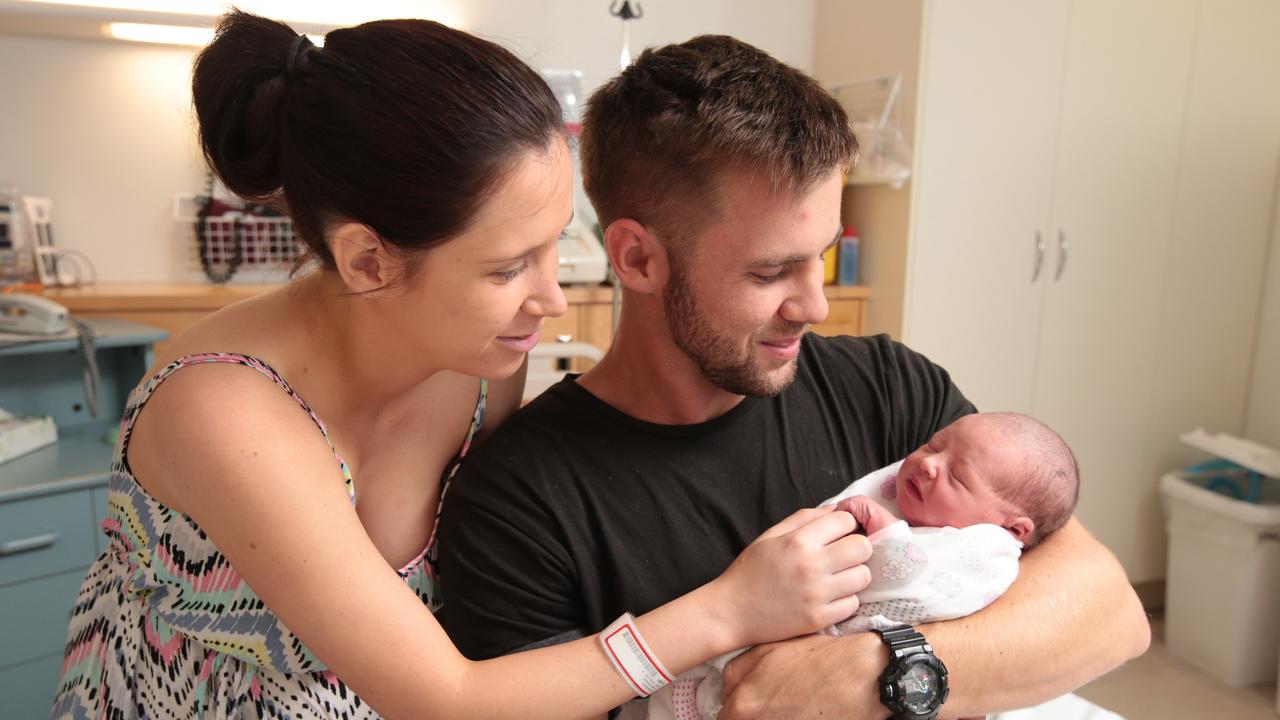Sepsis: Game-changing’ approach to hospital killer could save thousands of lives
A simple change to the way antibiotics are given to patients with sepsis and could save thousands of lives, new research has found, promising a ‘game-changing’ approach to a common hospital killer.

A simple change to the way antibiotics are given to patients with potentially deadly sepsis could save thousands of lives, new research has found.
Researchers from the University of Queensland and the George Institute for Global Health have discovered continuous intravenous delivery of antibiotics cures infection at a greater rate than multiple short infusions, which has been standard practice for decades.
Director of UQ’s Centre for Clinical Research, Jason Roberts, said the otherwise simple dosing change was hugely significant, given it could be implemented easily and immediately in hospitals worldwide – including those in rural areas and developing countries. Sepsis happens when the body’s response to an infection damages organs. It often causes death.
“Sepsis is a huge challenge in critical care units around the world,” Professor Roberts said. “There have been so many studies of different interventions over the last 30 years and very few have been found to make any difference to helping patients survive.
“What we would typically and historically do in hospitals is give the antibiotic three times a day as a 30-minute infusion. This intervention gives the same total amount of drugs for the day but just as a continuous infusion.”
The results of the clinical trial involved the analysis of more than four million data points collected from 7000 patients in seven countries, making it one of the largest randomised antibiotic studies ever conducted.
It comes as sepsis is on the rise. “More people die of sepsis in Australia than from road traffic accidents, and it’s becoming more common as the number of patients admitted to the health system for highly intensive treatments increases,” Professor Roberts said. “All of the more extreme forms of chemotherapy for severe cancers (for example) will often lead to patients developing a level of immune dysfunction, which means they’re more likely to develop infections which they’re less able to fight, and so they’ll go on to develop sepsis.”





To join the conversation, please log in. Don't have an account? Register
Join the conversation, you are commenting as Logout